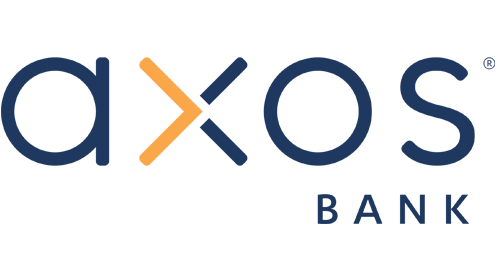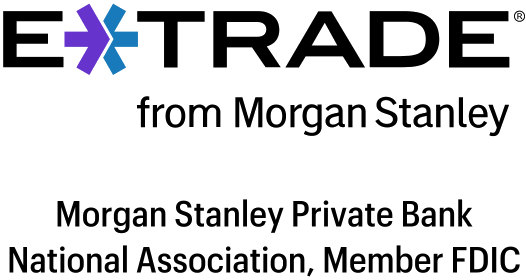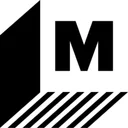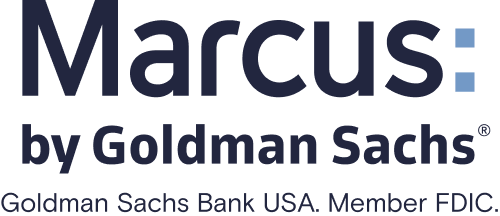5 Basic Features You Should Expect From Your Bank

Many, or all, of the products featured on this page are from our advertising partners who compensate us when you take certain actions on our website or click to take an action on their website. However, this does not influence our evaluations. Our opinions are our own. Here is a list of our partners and here's how we make money.
When it comes to banking, you now have more choices than ever before: You might store your money at a traditional brick-and-mortar bank, a credit union, or an online- or mobile-only bank. With all that competition, you can afford to be picky — but some financial institutions are hoping you don’t know that.
These five services are basics your bank or credit union should offer. However, not all of them do. And if yours doesn’t, it might be time to move your cash elsewhere.
1. Solid interest on savings
If you bank with a brick-and-mortar, you might be looking at a 0.01% annual percentage yield, or APY. But you can earn more on your savings, especially if you switch to an online bank.
The difference in interest rates is “just night and day,” says Jay Abolofia, certified financial planner and founder of Lyon Financial Planning in Weston, Massachusetts. He notes that these days, the best online banks often pay between 1.50% and 2.00% APY.
These rates are currently decreasing, but the key, Abolofia says, is that they’ll increase again — online banks are responsive to the market.
Two percent isn’t “going to make anyone rich,” says Kayse Kress, a West Hartford, Connecticut-based CFP at Physician Wealth Services. But it’s still better than zero. “It’s just a good way to optimize emergency savings,” she says.
Forbright Bank Growth Savings

4.25%
$0

Member FDIC
Axos ONE® Savings

4.66%
$1,500

Member FDIC
Varo Savings Account

5.00%
$0

Member FDIC
E*TRADE Premium Savings

4.00%
$0
2. Free checking
You shouldn’t pay to have a checking account — period.
Some financial institutions never charge a maintenance fee on your account. Others charge one if you don’t meet certain criteria, such as having a minimum direct deposit or performing a select number of debit transactions. Watch out for that.
Kress ran afoul of these requirements when she quit her traditional job. “I didn’t have the direct deposit coming in, and all of a sudden, I had maintenance fees,” she says. “If you’re paying for checking, you’re at the wrong place.”
3. Free ATMs
If your bank or credit union offers checking, it should also provide a free way to access your cash. Ideally, that’s through an ATM network.
National brick-and-mortar banks traditionally have had the largest networks, but this is changing. Many online bank accounts now come with free use of tens of thousands of ATMs nationwide, and many credit unions do the same through the Co-op ATM program.
A smaller bank with a smaller network may be fine if those ATMs are convenient, or if they offer perks such as reimbursements of the ATM fees some machines charge. Depending on how often you withdraw, $10 per month might be enough, Abolofia notes.
»MORE: Is today a bank holiday?
4. Online access
There’s a spectrum of tech adoption across financial institutions, but today, almost every bank and credit union has a website, and most have apps as well. This means you can access your financial information and perform simple transactions 24/7.
Specifically, you should be able to check your balance and deposit checks, according to Kress. “If you don’t have that option, you’re just not going to be a player,” she says of banks.
Transferring money is another big one, Abolofia says, and it should be free and quick to set up. However, moving money between banks may take a few days. “If [a transfer] takes more than 10 seconds, I would always recommend people go elsewhere,” he says.
5. Reasonable overdraft policies
Overdraft fees can be steep, even at the most humane financial institutions — the average cost at the country’s largest banks is $35, according to a recent NerdWallet study. But your bank or credit union should provide an alternative if you’re caught short.
Abolofia recommends banks that offer free transfers from savings to checking to cover overdrafts. “That way, you won’t pay a fee, and the transaction won’t be canceled. You won’t have that embarrassment in the checkout line,” he says.
Your bank should be working for you
Some banks and credit unions make an effort to earn your business, and some don’t. It shouldn’t take more than a quick stroll through its website to figure out where your financial institution stands. And if it turns out your bank is lagging, here’s another thing that should be easy: opening a new bank account.















